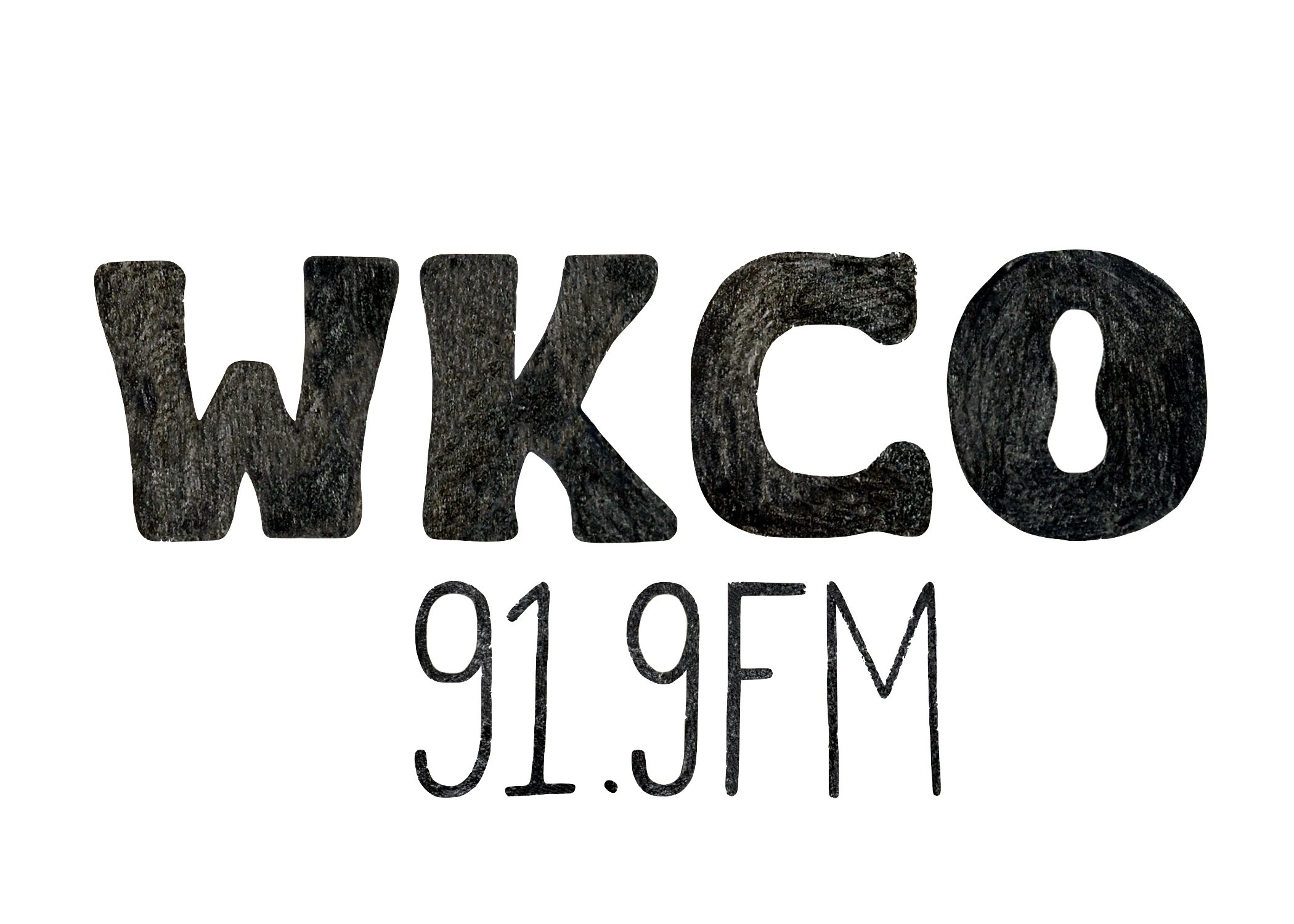"Your Hero Is Not Dead" by Westerman
Westerman’s debut album Your Hero Is Not Dead (June 5, 2020) is a cohesive portrait of the artist’s fine-tuned style. With synthesizer melodies, reverberating instrumentals, and smooth and soaring vocals, London musician Will Westerman tackles issues ranging from chronic pain and the difficulties of being alive (“Think I’ll Stay”) to climate change and his desire to turn back time (“Blue Comanche”).
“Drawbridge,” the first song, opens with Westerman repeating the line “Your hero is not dead” four times, layering his vocals to create dissonant harmonies. It is a jarring way to start the album, but Westerman quickly slides into a minute and a half of stunning instrumentals: a guitar solo dances over the persistent strumming and walking bass line before Westerman incorporates jazzy piano chords to echo the melody from the opening lines. Similarly, “The Line” is its best once Westerman settles into a steady groove. The experimental opening is somewhat destabilizing; Westerman plays with sounds and rhythms, speaking some lines in a staccato, monotone voice and singing others. But a shimmering guitar solo marks a transition into the second half of the song, which exemplifies Westerman’s ability to create a comforting ambiance even as he continues his persistent questioning within the lyrics.
Westerman began releasing singles from Your Hero Is Not Dead in January 2020. “Blue Comanche” came first, on its own, and then was re-released as the B-side to “Think I’ll Stay” in March. Three new songs arrived throughout April and May, and the previous singles were re-released each time, creating a series of EPs. This cumulative release pattern gives the effect that Your Hero Is Not Dead is a process of building and restructuring. Westerman’s decision to release the singles in different combinations that get progressively longer suggests that there are many ways to approach the album, inviting the listener to engage with the construction of the work as a whole. Initially, the consistency of Your Hero Is Not Dead prompted me to feel that some songs got lost in the overall flow. Ultimately, though, I was impressed by Westerman’s commitment to the sound he has created and found that each track bolstered the album’s cohesiveness.
Westerman’s process of restructuring is reflected, too, in Your Hero Is Not Dead’s “Confirmation (SSBD),” a reworked version of his most popular song prior to the album release. The acronym “SSBD” in the new version of “Confirmation” seems to stand for “Same Same But Different”; the lyrics are identical, but the new rendition is musically busier. The synths are amplified, and the guitar and bass are fuller and punchier. While both versions are excellent and I appreciate the way he has freshened up this classic, I found myself yearning for the simplicity and strategic emptiness that gave the earlier version of the song its strange, floating-in-space quality.
My favorite moments on the record exemplify what I would consider a sort of perceived simplicity. Westerman is a master at braiding together words, instrumentals, and empty space in such a way that the music feels stripped down without losing its complexity. “Big Nothing Glow,” for example, has palpable moments of quiet between Westerman’s confident vocals and low guitar and bass notes. Throughout the album, pauses between lyrics give us the time and space to process what Westerman is singing about and build anticipation in the transitions between chords.
Westerman has an incredible ability to make complex and difficult topics feel approachable and even palatable. “Blue Comanche,” a mournful song about climate change, is one of the strongest tracks on the album for exactly this reason. “I’m nearly there, cyborg / Ready to take your course / There’s enough on my hands,” Westerman sings, as though accepting responsibility for the way humans have shaped the fate of the Earth. The refrain, “Turn back around,” expresses Westerman’s desire to get back what has been lost. Somehow, the song is soothing in spite of its heaviness.
In the first verse of “Your Hero Is Not Dead,” the final track on the album, Westerman questions his own refrain from “Blue Comanche”: “You want to turn the Earth backwards / Why? / And who made it? / Time is not what I thought it would be.” The song is vulnerable and full of hope even in its darkest moments. In the second verse, Westerman confesses that “nothing mattered / But the box explaining / I want to tell you I love you.” Love can be both constructive and destructive, Westerman implies, singing that “Love gathers around / it takes apart and breathes.” The chorus turns “dark into bliss” as Westerman sings, “Your hero is not dead, just sleeping.” It is hypnotic, almost like a lullaby. Concluding the album with the very words he opened it with, Westerman creates a sort of circuit. Though he is unable to turn back time, he ends right where he began.
– Julia Adamo

